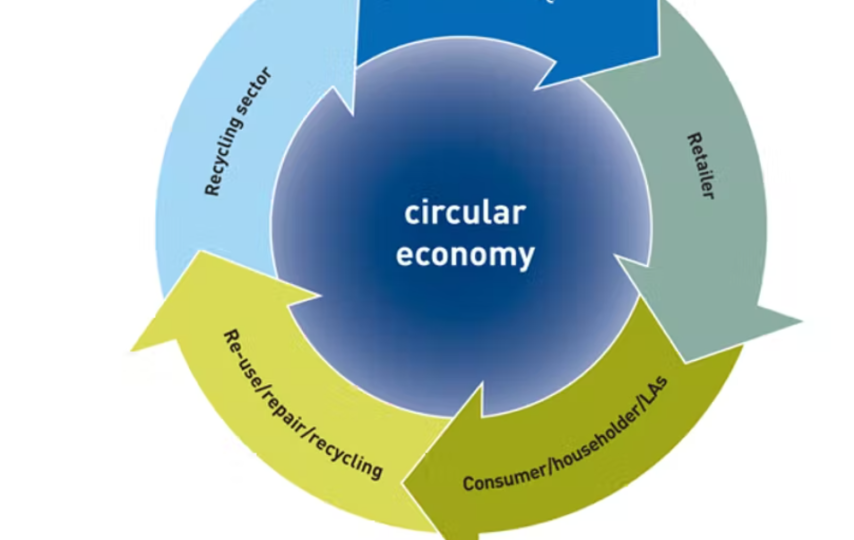Some people are easily discouraged by the amount of change it takes to create a more sustainable world. With the right efforts in place, people really can strategically manage how resources are utilized and ultimately establish organic systems that share resources and eliminate waste. Just as many ecosystems function as renewable, energy-efficient cycles, a sustainable economy can also thrive as a waste-free system.
Producing things that will last for long periods contributes greatly to a sustainable economic system. Creating outputs that double as inputs erases the accumulation of waste. As with all efforts to improve the environment, it will take the cooperation of all to make a real impact. Every daily effort that is taken on the individual level to reuse their essentials helps benefit the environment and eliminate waste.
Creating a system of production that eliminates waste while also benefiting societal growth is possible with daily steps taken by everyone on an individual level. By sharing resources, adopting sustainable businesses that replace billion-dollar industries utilizing limited resources, and making eco-friendly changes on the individual level, we can begin cultivating a path forward that can lead to a sufficient circular economy in the future. To learn more about the meaning of a circular economy, read on for some specifics.
Defining The Meaning Of A Circular Economy
As with any cyclic system, one thing leads to the next, and then the next, etc. Ultimately, the goal of a circular economy is to create a cycle that repeats whereby inputs become outputs so that no waste is accumulated, and natural resources are preserved. We are already seeing initial efforts at honoring the meaning of a circular economy and what it takes to get there.
We see these efforts through innovations like ridesharing and sustainable shopping. Younger generations are particularly aware of the influence that their choices have on the environment and humanity at large. To understand the meaning of a circular economy, you must comprehend that it is a self-sufficient system— one that results from the collective efforts of the government and the rest of society. When these efforts are taken on a global level, the planet benefits. When we choose to utilize resources in a more balanced way, people of all financial classes have a greater ability to improve and enhance their standard of living.
Examples Of Sustainability Efforts
When businesses change their models to fixate on sustainability and durability instead of a rotation of goods, the production decreases, but customers remain more loyal. As a result, profitability and sustainability are secured, benefiting everyone and the environment.
When shoppers choose secondhand goods over new ones, production decreases, negative environmental impact diminishes, and natural resources are preserved.
These efforts, when combined, encompass the meaning of a circular economy.
Allow For Renewal
The daily choices we make influence the likelihood of truly understanding the meaning of a circular economy in the future. By allowing for renewal, we do our part to create a healthier world as well as a more stable economic system.













